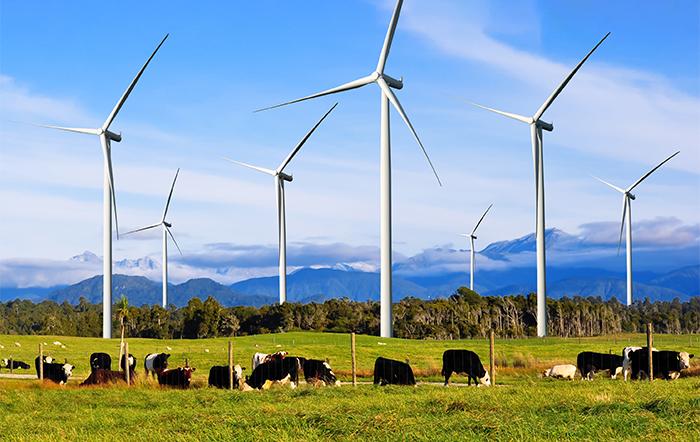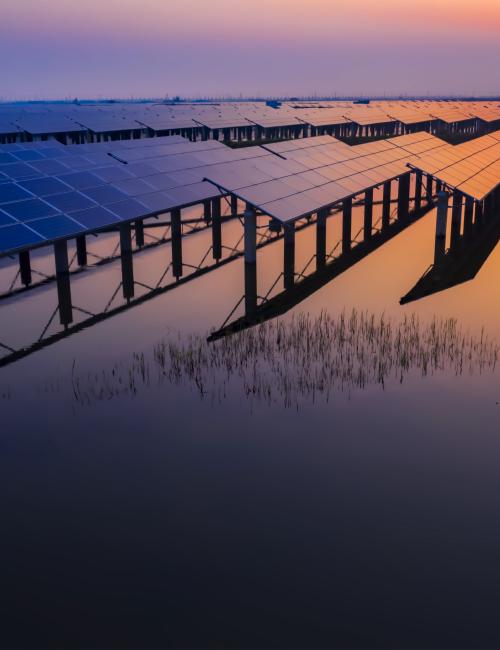The Energy Transitions Lab
Overview
The Energy Transitions Lab conducts research on how to deliver universal access to affordable, clean energy. Across the Global South, countries are grappling with the intertwined challenges of climate change and economic development. Our lab explores how both challenges can be addressed, focusing critically on Asian and African economies.
To reach global net zero emissions by 2050, the Global South must partake in the energy transition. Yet, the energy transition in these nations is not only about reducing greenhouse gas emissions but also about access and affordability. Energy markets need to be re-designed in accordance with new challenges, and the fate of billions of people depends on structural reforms. At the Energy Transition Lab, we explore the big questions on the future of energy, development and climate.
The Energy Transitions Lab has a highly collaborative approach, driving impact not only through policy insights but also through direct engagements with scholars, policymakers and institutions in the Global South. The lab produces high impact research alongside podcasts, policy briefs, and thought pieces to reshape the narrative on the energy transition and challenge conventional dichotomies.
Our Work
Power Contracts
90% of global coal is underpinned by long-term, multi-decadal contracts that are shrouded in secrecy. In a first-of-its-kind effort, we build a comprehensive database of these contracts to uncover the large-scale climate and developmentimplications. Explore the story of Pakistan’s power purchase agreements here, and learn about how the contract story applies to other nations such as Indonesia and India
Demand-side Interventions
When thinking about how to address challenges in the energy sector, there is often a disproportionate focus on supply-side solutions. However, demand-side options can be substantially cheaper. In collaboration with the Ethiopian Electric Utility, we explore how electricity demand can shifted from times of scarcity to times of abundance through smart meters and dynamic tariffs.
Resilience
Across the world, off-grid solar is providing a form of resilience against unreliable and expensive power. In Pakistan, solar imports have soared in the last three years, as households realise that solar provides cheaper electricity. Similarly, South Africans are abandoning their coal-fired grid for off-grid solar and batteries to cope against crippling outages. As large-scale grid defection occurs, what will be the future of electricity in these nations and what does this mean for utilities who are finding it harder than ever before to recover costs?

Our Partners
Dr Sugandha Srivastav is the founder and lead of the Energy Transitions Lab.
DPhils
Parth Goel
Simone Osei-Owusu
External collaborators
Dr Faraz Hayat, University of Chicago
Dr Tim Dobermann, LSE
Dr Giulia Ragosa, UCL
Prof Gernot Wagner, Columbia
Dr Abhinav Jindal, Power Management Institute (India)
Haneea Isaad, IEEFA Pakistan
Ethiopian Electric Utility
Energy for Growth Hub



